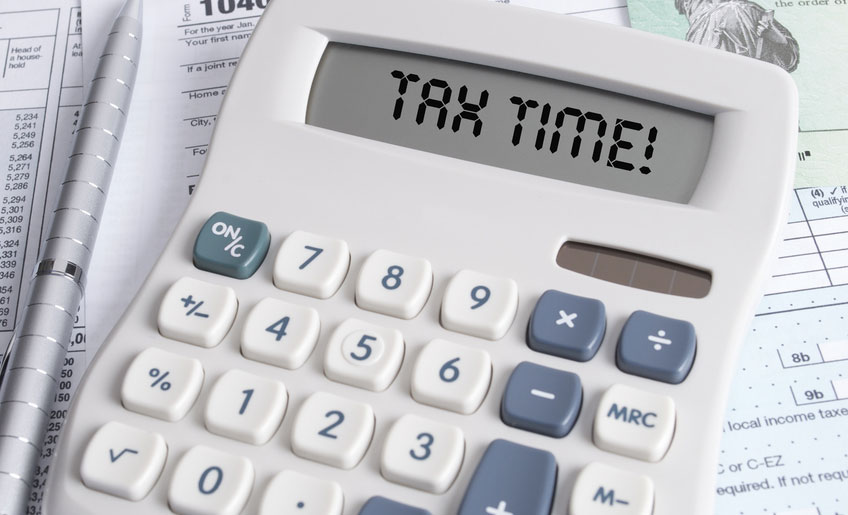The government is assessing the pros and cons of choosing between a cut in personal income tax or raising expenditure in welfare schemes as it looks to beef up growth which is expected to come at an 11-year low of 5 per cent in the current fiscal.
A cut in personal income tax had been demanded in different quarters to put money in the hands of taxpayers and boost consumption. However, there have been suggestions that the government should spend more on rural schemes because it would have a far bigger impact on the economy.
Given the tight fiscal situation, the government has little headroom to dole out a largesse on the personal tax front. Besides, it would have to consider whether the tax benefit would results in increased demand or the sum gets invested in savings.
“The government has to take the call… cutting income tax could act as a quick stimulant for the economy and it is a measure which can be reversed after attaining the desired result. However, if the additional spending on expenditure is undertaken there is a lag period for showing effect and cannot be easily lowered,” N.R. Bhanumurthy of the National Institute of Public Finance and Policy said.
The government has been struggling with the fiscal deficit because of weak revenue collections.
“It looks unlikely that the government will go for a cut in income tax rates in Budget 2020 unless they bring in the direct tax code where exemptions are removed fully. Presently, the government may tweak slabs a bit but will not go beyond this as there will be loss of revenue,” Madan Sabnavis, chief economist at CARE Ratings said.
B.K. Piparaiya, senior director, Brickworkratings, said in a note the government may announce some relief in personal taxation in a format which will encourage spending. Tax exemption may be offered for expenditure on specific items such as travel and interest for second house.











